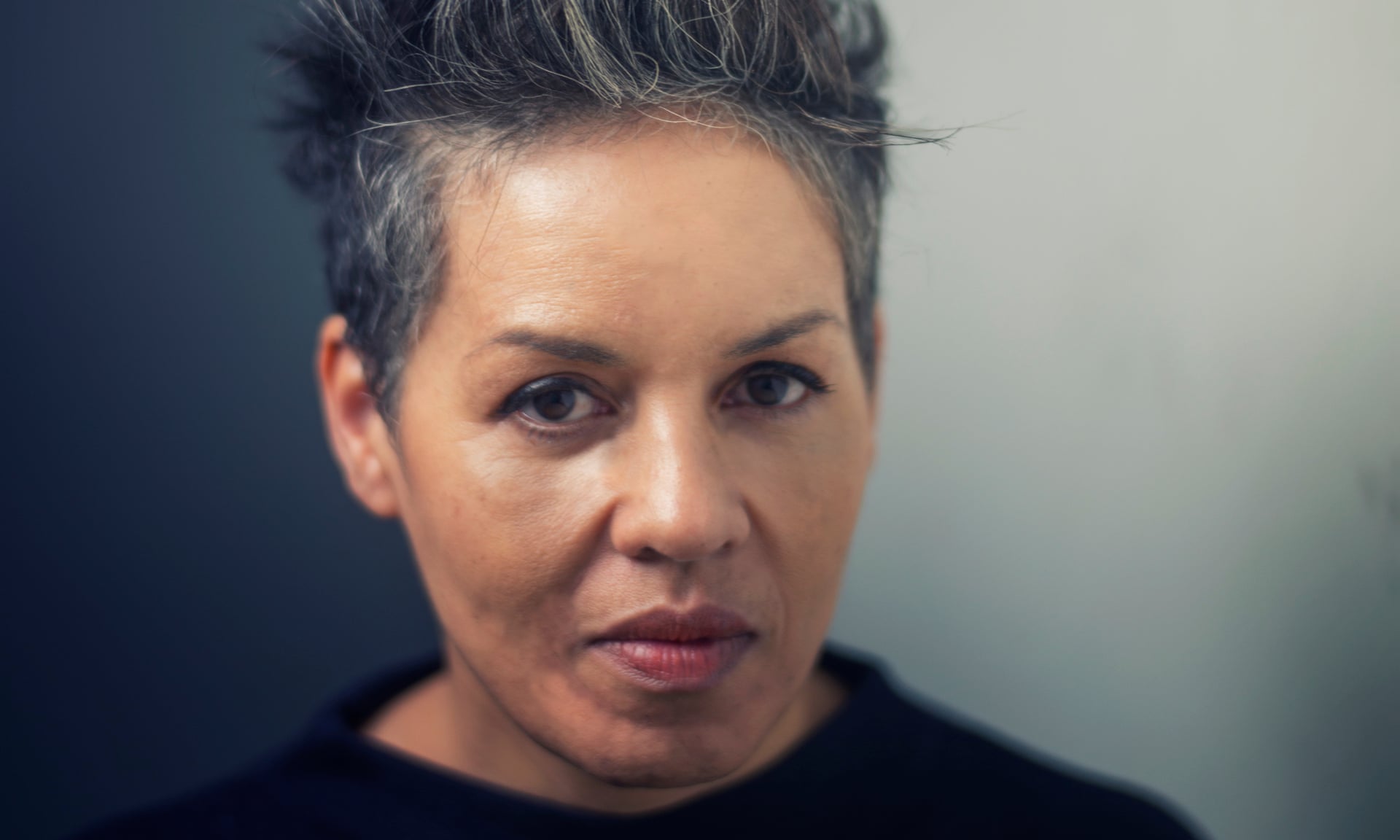Skin Deep Meets Stella Corradi
Skin Deep: Race + Culture
London, England, United Kingdom
2016-07-08
Anuradha Henriques, Editor

East London writer and director Stella Corradi talks fantasy, addiction and her short film “Little Soldier”
Stella Corradi, East London born and bred, is the writer and director behind the short film Little Soldier. Loosely influenced by Corradi’s own personal childhood and memories, Little Soldier tells of the power of a child’s imagination to overcome her reality. It addresses that tempestuous and deeply instinctive love between a mother and child and how that love transcends any obstacle or circumstance.
The film was selected through Film London’s London Calling scheme in 2015 out of hundreds of submissions, and has recently been awarded a Special Jury Mention Award by Film London. The film has also been nominated for the Best UK Short at the East End Film Festival 2016. Corradi is a force to be reckoned with.
I was lucky enough to work with Stella on a film shoot in London over the last few weeks. Most days after work she would give me a lift home and we would talk about food, politics and UK grime and garage. I recorded this interview in the car on one of those journeys, whilst she navigated the lane drifters on the A40…
…AH: What is the film about?
SC: The film is about a ten year old girl, Anya, who lives with her mother who suffers from addiction. Anya is working for her mother’s boyfriend, Derek, who comes between them. To protect her mother and her home, she has to get rid of Derek. She uses her imagination to deal with this reality, to give her power and agency…
…AH: In inner city London you can’t separate class from race. The majority of working class people in London are people of colour. So your casting, whether conscious or not, is a reflection of this intersection of class and race.
SC: Yes, I agree. But at first I subconsciously intended to cast a little girl who has a similar background to me. Because it was a personal story I subconsciously pictured myself in the role of Anya but when I met the right actress to play Anya, it did occur to me that the film would take on other connotations to do with class, race, interdependency and that’s how films grow really. The way you cast brings on other layers and I love what the actors brought to my film. The mixed race experience in London is transmitted visually through Amaris [Miller] and Zawe [Ashton] and in my opinion adds to the narrative, it does not complicate it. Derek, Anya and Amanda are a bi-racial family unit…
Read the entire interview here.




